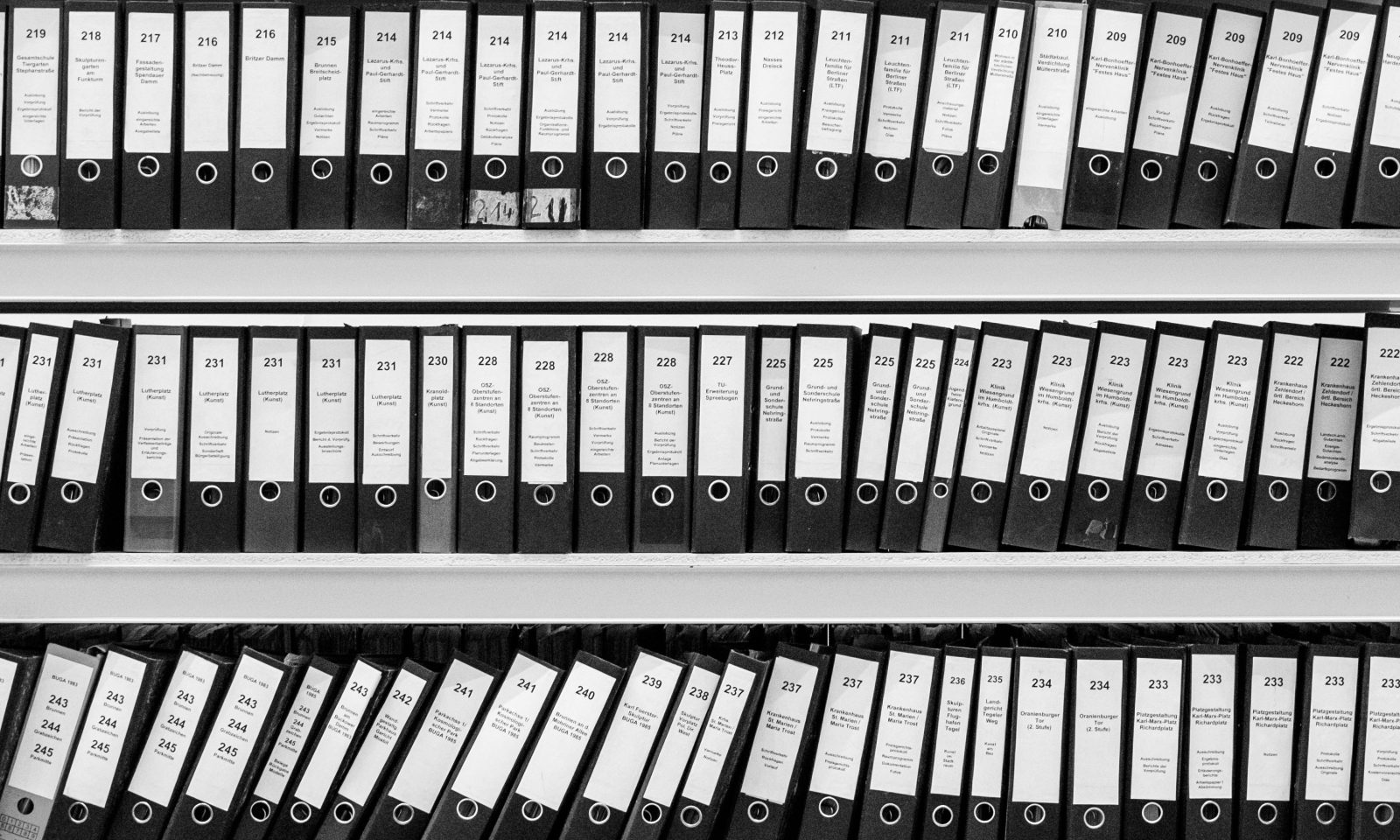Directive on Open Data and Public Sector Information
For the development of innovative products and services on the digital single market, the Proposal for the Directive on Open Data and Public Sector Information is also important. While the Copyright Directive was raising dust, the European Parliament adopted the PSI Directive with large majority but without greater attention.
The PSI Directive is the update of the Directive on re-use of public sector information from 2003, lastly revised in 2013. The new directive establishes that all public sector content, accessible under national rules on access to documents, will in principle be freely available for re-use. While public sector bodies will in very limited cases be able to charge the marginal cost for the re-use of their data, this will enhance the chances of small and medium-sized enterprises and start-ups to enter the new market of data-based products and services. How the purpose of stimulating the use of open data will be achieved, will depend on the way the Member States will transpose the Directive.
The Grand Board of the European Union Intellectual Property Office (EUIPO) finally ruled that the figurative sign ‘COVIDIOT’ cannot be registered as an EU trademark.
The 4th Open Knowledge Day took place on Tuesday 17 October 2023, with an accompanying workshop on 18 October 2023. This year it was organised by the Open Data and Intellectual Property Institute (ODIPI) and supported by Knowledge Rights 21 (KR21).
We invite you to the fourth Open Knowledge Day and the workshop, which will take place this year within the framework of the programme and with the support of Knowledge Rights 21. The event will bring together experts from different European countries to discuss two topics: the first part will deal with the legal basis for data analytics, which is a key part of machine learning and related artificial intelligence, and the general exception for research. In the second part, open science in theory and practice will be presented both in Slovenia and in some Western Balkan countries. Representatives of research and educational institutions from Slovenia and the Western Balkan countries, as well as interested members of the public, are invited to attend.
Dr. Maja Bogataj Jančič, a renowned expert in copyright law, has joined the Berkman Klein Center for Internet & Society at Harvard University, where she will serve as an affiliate researcher for the next two years.





